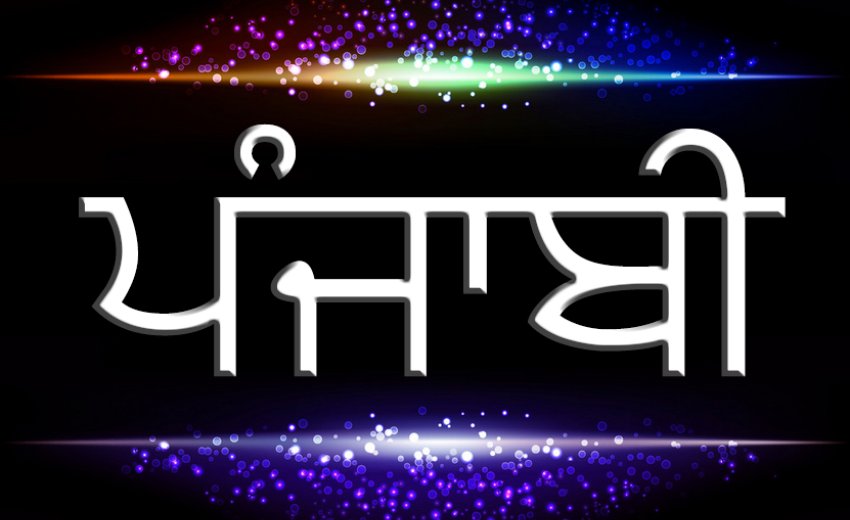In his novel Midnight’s Children, Salman Rushdie referred to the people of South Asia and wrote:
“…no people whose word for “yesterday” is the same as their word for “tomorrow” can be said to have a firm grip on the time.”
In Punjabi or Hindi, the word 'kal' can mean either yesterday or tomorrow, which is quite intriguing. This linguistic peculiarity sheds light on cultural perceptions of time and punctuality. Recent research delving into such language nuances reveals fascinating insights, especially considering Punjabi's significance in Sikh culture and scriptures.
Languages that do not have past-future distinction
Behavioral economist Keith Chen coined the term "future-less languages" to describe languages like Punjabi that lack a clear distinction between past and future. Chen's TEDx Talk highlights his research, where he uncovers a link between these languages and behaviors such as saving money and adopting healthier habits.
In a recent Scientific American article by Ozgun Atasoy, the analysis and theory proposed by Chen are highlighted. According to Chen, languages that treat future concepts in a similar way to the present ,may help individuals resist immediate impulses, as they don't strongly differentiate between different points in time. Chen's findings imply that people who speak languages with weak future distinctions might be better equipped to prepare for the future.
Expanding on Chen's research, one might consider how Punjabi and other related languages, which lack clear distinctions between present and future, impact readers, listeners, and speakers compared to English. Specifically, does translating Punjabi, including the future-less language found in the central Sikh scripture, the Guru Granth Sahib, into English lessen its impact on those who consume its compositions?
Reading Sikh scriptures in Gurmukhi
It is believed that to really understand and enjoy the Sikh holy texts, it's best to read them in Punjabi instead of English translations. That's because the beauty and power of the original language can be hard to capture in English. For instance, when you read English versions of poems like JapJi Sahib by Guru Nanak or Chaupai Sahib by Guru Gobind Singh, they don't evoke the same strong emotions as they do in Punjabi.
Apart from how languages sound, if languages without future tenses affect behavior differently (which Chen's research suggests they do, and in a positive way), then maybe there's more to understanding the Sikh scriptures in their original language than just their beauty. Making the future feel closer might help people grasp the teachings of these scriptures better. It also implies that this understanding could be hindered by languages like English, which highlight the differences between the present and the future.
Chen's research sheds light on a significant issue for Sikhs raised in Western countries or recent converts with limited knowledge of Gurmukhi and Punjabi. It highlights the potential loss experienced when relying solely on English translations of the Guru Granth Sahib, which may convey a different essence and impact compared to the original text.
As the article in the Scientific American article concludes: “Language can move the future back and forth in our mental space and this might have dramatic influences on our judgments and decisions.”
*Based on an article by Rupinder Mohan Singh
